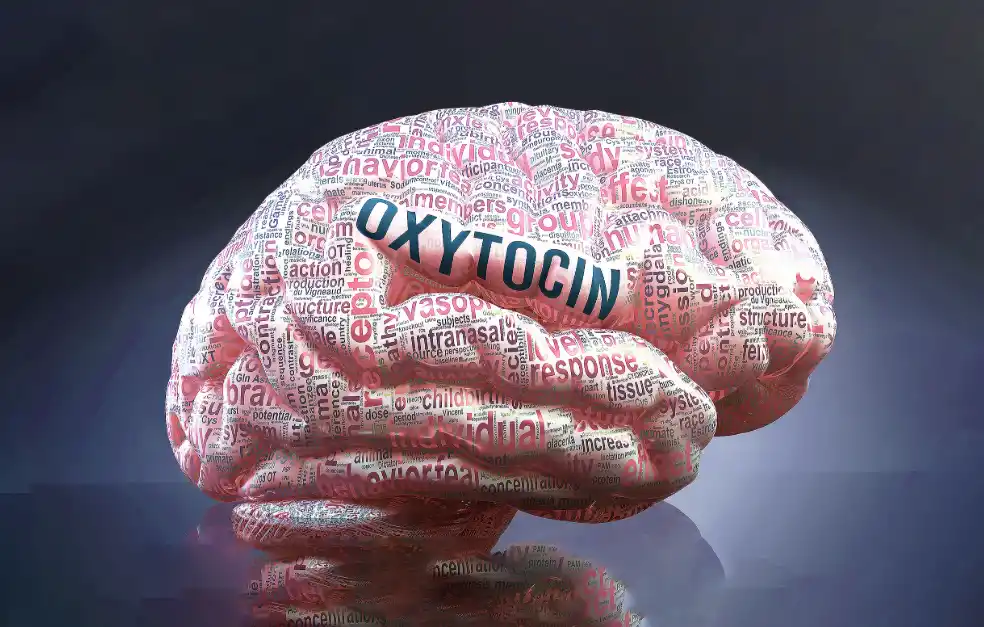New research shows oxytocin accelerates friendship formation and reinforces social selectivity in prairie voles, shaping both attraction to familiar peers and avoidance of outsiders—offering fresh insights into how the hormone influences social bonds in animals and potentially humans.
KumDi.com
Oxytocin friendship hormone has long been known as the “love hormone,” but groundbreaking studies now reveal it as a vital friendship hormone too. By influencing trust, empathy, and cooperation, oxytocin strengthens bonds not only between romantic partners but also among friends and social groups. From prairie voles defending their allies to humans forming lifelong connections, this hormone’s role in social bonding is more powerful than ever imagined.
Oxytocin is traditionally associated with maternal bonding and romantic attachment. However, emerging studies reveal a broader role: oxytocin significantly influences friendship formation and social selectivity, especially in social animals like prairie voles. This article explores how oxytocin impacts friendship dynamics, what this implies for human social behavior, and the evolving understanding of this versatile neuropeptide.
Table of Contents
Oxytocin Friendship Role in Prairie Voles
Prairie voles provide a powerful model for understanding oxytocin’s role in social behavior. While early research emphasized oxytocin’s necessity for mate bonding, recent studies show that oxytocin receptor–deficient voles can eventually form bonds, but take longer to do so—indicating the hormone accelerates rather than enables bonding.
Oxytocin and Social Selectivity
In a UC Berkeley study, voles lacking oxytocin receptors took up to a week to form peer preferences, compared to one day for normal voles. They also showed reduced motivation to seek familiar companions and less avoidance or aggression toward strangers. This suggests oxytocin not only fosters closeness but also reinforces boundaries against outsiders.
Brain Chemistry and Oxytocin’s Influence
Novel nanosensors revealed that receptor-deficient voles had altered oxytocin release in reward-related brain regions, hinting at compensatory mechanisms. These findings broaden oxytocin’s known functions—from romantic or parental bonding to influencing selective friendship choices.
Oxytocin in Human Friendships
In humans, oxytocin is known to deactivate fear centers in the brain, enhance trust, empathy, eye contact, and ingroup preference. The vole research supports the idea that oxytocin helps determine who we connect with and how quickly—not just whether bonding happens.
Implications for Social Disorders
Understanding oxytocin’s function in selective attachment may aid in developing therapies for social disorders like autism or schizophrenia, where trust and social connection are affected. Targeting oxytocin pathways could help improve interpersonal relationships.

FAQs
What is oxytocin’s role in friendships?
Oxytocin accelerates the formation of peer bonds and supports selective social behavior—helping animals and potentially humans prefer known companions over strangers.
Is oxytocin essential for bonding?
Not absolutely. Bonding can occur without oxytocin, but it takes longer—showing the hormone’s role in speeding up connection.
How does oxytocin affect social behavior?
It boosts trust, empathy, and preference for familiar individuals while managing social boundaries.
Why study prairie voles?
They form stable, selective relationships with mates and peers, making them ideal for studying social bonding biology.
Could this research help with social disorders?
Yes. Insights into oxytocin’s selective bonding role could guide treatments to improve social functioning.





